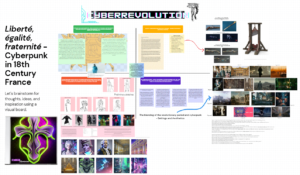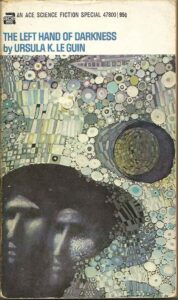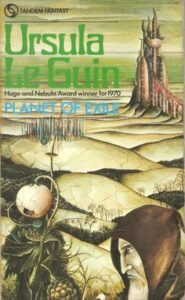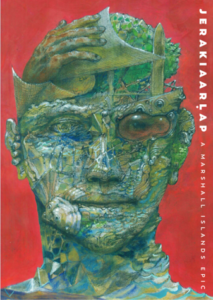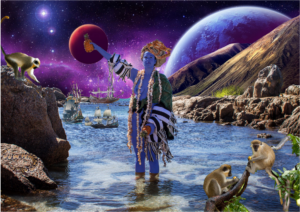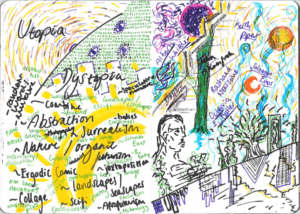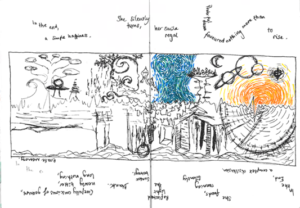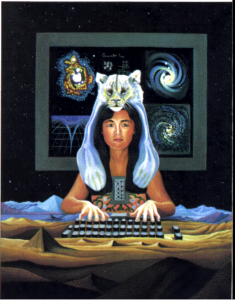Methodology - Methods Training & Research
I do imagine that my Futures Project will take a qualitative approach and use discourse analysis. I also plan to potentially use an intersectional approach or look at texts through an intersectional lens.
During my undergraduate degree, when doing research for my dissertation, I did delve into phenomenology a little, due to reading a lot of academic papers about embodiment and ideas about mind-body dualism in relation to Descartes when exploring cyborgs, AI, and the metaverse (technology & the body). It was, however, an approach/topic that was quite complex and a large undertaking for me at the time, and I focused on other things in the end. So I could potentially explore it in my Futures Project.
Next, I plan to research more into my topic area (Afro-futurism, Indigenous futurism, combinations of technology and the body) and find more new areas and academic texts within it to explore, as well as find and read literature which I might want to explore. I might also search for more artworks in this area and research them — as I may use visual analysis in my final futures project — because I am interested in multimedia and the intersection of image and text. This may mean that I will also utilise art historical methodologies in my futures project such as iconographic and formalist methodologies, although I am most likely to take a majoritively biographical/contextual approach, looking at identity and history. Also, I may ask certain lecturers if they have any recommendations for where I should look for sources.
Overall, everything I am doing in my modules feeds into my learning and my approach for my futures project.
